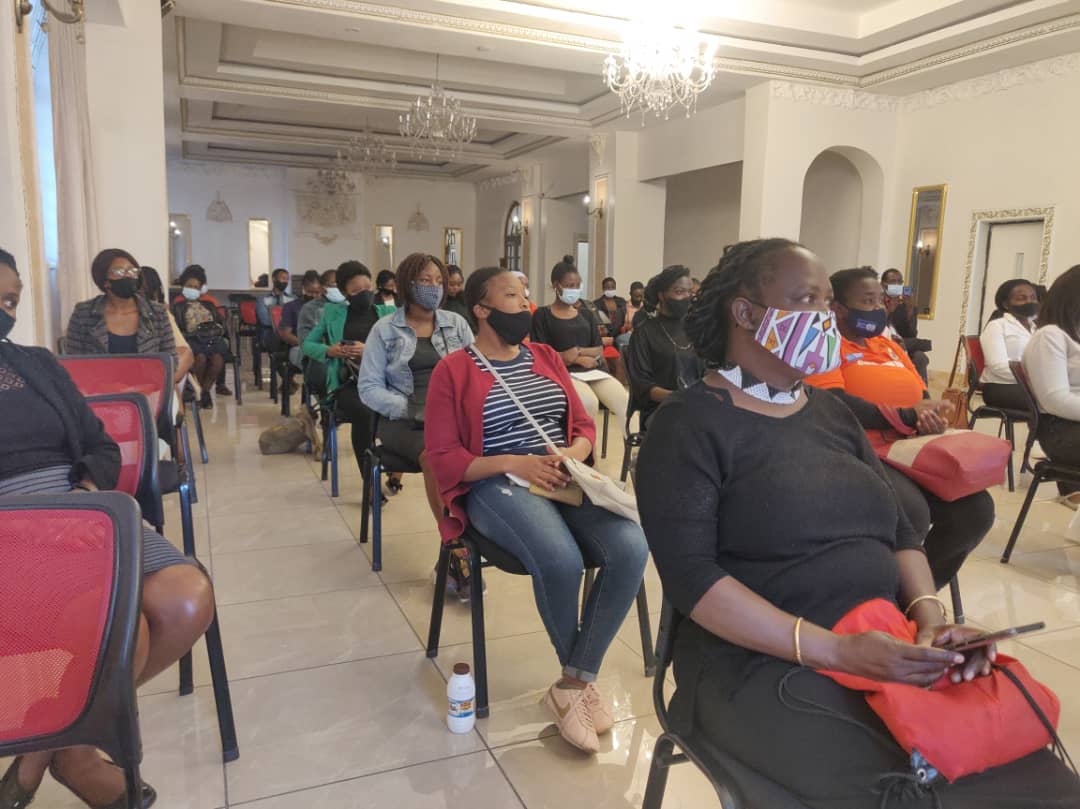Budget consultation meetings in Zimbabwe have come under sharp criticism, with analysts arguing that they have become a meaningless ritual due to the overpowering influence of the Executive branch.
This sentiment was strongly voiced during the 2024 midyear economic review meeting hosted by the Zimbabwe Council of Churches yesterday, which brought together various stakeholders.
Section 149 of the Zimbabwean Constitution mandates that public hearings be conducted for certain parliamentary processes, such as the consideration of bills and issues of significant public interest, to ensure that the public’s views are considered in the legislative process.
However, critics argue this process is fundamentally flawed, particularly regarding budget consultations.
Political analyst Effie Ncube at the meeting highlighted the critical shortcomings in the constitutional requirements for public consultation before passing budget legislation.
“In this country, the Constitution requires consultation whenever there is going to be a piece of budget legislation. However, the law falls short by not making it mandatory for the views received from the public to be included, so it has become a ritual. We gather, we share our views, but nothing changes because the legislature in this country is very powerless,” he said.
He explained that efforts to empower the legislature during the Constitution-making process and make it more independent from the Executive were ultimately unsuccessful.
“We tried to empower the legislature during the Constitution exercise to make it more independent from the Executive, but because we are a party-dominated state, the Executive is dominated by those who run the ruling party, so the Executive dominates even the budget-making and law-making processes.”
“Laws are not passed by Parliament; budgets aren’t either. They merely pass through Parliament. The process is owned and controlled by the Executive. The people who come to ask us have no say; they ask us knowing very well that they are powerless at the end of the day,” said Ncube.
In addition, a senior lecturer at Zimbabwe Open University, Tobias Guzura, echoed Ncube’s sentiments, dismissing the budget consultations as ineffective.
“You will find that what we call budget consultations are useless; they are not adding any value. What we want to note is that the law-making processes in Zimbabwe, of which budgeting is part, are driven by the Executive, not the Legislature. This is why, in our 44 years of existence, we have never had a single private member’s bill passed by Parliament,” he said.
According to Guzura, the cabinet controls the budget process, and Parliament’s role is merely to rubber-stamp decisions already made.
“All the laws enacted since 1980 came from the cabinet. Before this happens, caucuses are called, and people are whipped into line. That’s why we have a whipping system; in Zimbabwe, it’s more practical than anything else. People are literally whipped into line; if you don’t vote with the party, you risk losing your position.”
“What the cabinet brings to Parliament, you pass. That’s the first thing. So, when they say they are carrying out budget consultations, they want to appear as if they are engaging, but the reality is that when you listen to the Minister presenting his budget, he always emphasizes one thing: such and such a government department requested this much, but we are giving them this much. This clearly shows that the budget is produced by the cabinet, and then Parliament is whipped into line,” he said.
He added, “Interestingly, another controversial issue in our Parliament is that even if they don’t want to pass the budget, they are whipped into line because the Constitution stipulates that if Parliament rejects a finance bill, which is the budget, the President can dissolve Parliament and call for elections. So, they would rather support the budget than lose their positions.”
Guzura said the consultative process itself is also flawed, with meetings often scheduled during working hours, making it difficult for ordinary citizens to participate.
“There’s the issue of consultative processes. We are a province, and we accept having one consultation meeting for all five provinces, and they will deliberately schedule that consultative meeting during working hours, meaning we have accepted that we don’t have workers in our country. What are the implications? Those consultative meetings are just window-dressing. They don’t even care about what we say; you go and shout, but they know that the budget is coming from the Minister,” he said.
As Zimbabwe faces ongoing economic challenges, the effectiveness of its budget consultation process remains under scrutiny, with many viewing it as little more than a formality.

